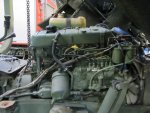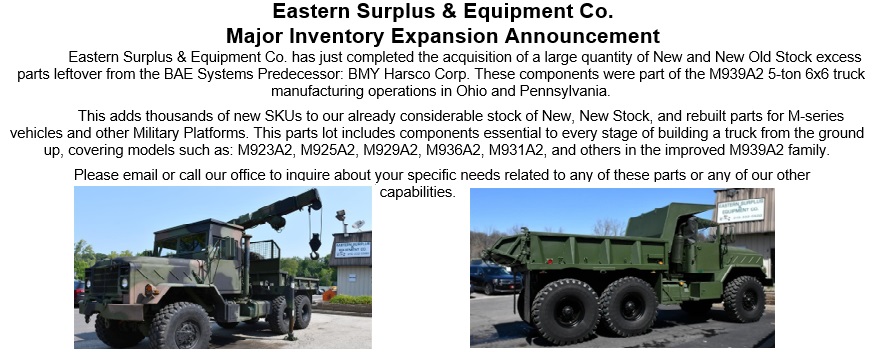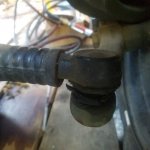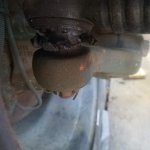I finally changed the transmission fluid last week. Three drain plugs, two of which are magnetic and on the front and back of transmission, and the non magnetic middle plug. The oil coming out of the front and back drain plugs looked OK, but the middle plug had a lot of dark sludge mixed in with the oil. I reached up into the bottom of the transmission and removed all sorts of sludge. It makes me wonder why the middle plug is not magnetic, as are just about every other drain plug on the Unimog. Hopefully the GL4 synthetic fluid I used will keep everything working good for many years to come.
Every fluid I have changed has not looked real bad, but the magnetic drain plugs have been loaded with dark sludge. Makes me happy I listened to the advice on here and changed them. The only fluids I haven't changed are the power steering and antifreeze. My hydraulic tanks had leaks so I have added many gallons of AW32 to them, so they have almost been changed, especially the front system. Thankful that I was able to stop the leaking fairly easy.






![DSCN0847[1].jpg DSCN0847[1].jpg](https://www.steelsoldiers.com/data/attachments/482/482054-8c25f83910844d6f193b0ba67b81afb9.jpg)
![DSCN0858[1].jpg DSCN0858[1].jpg](https://www.steelsoldiers.com/data/attachments/482/482941-84f31470c203083d01e8cf1edeae943c.jpg)